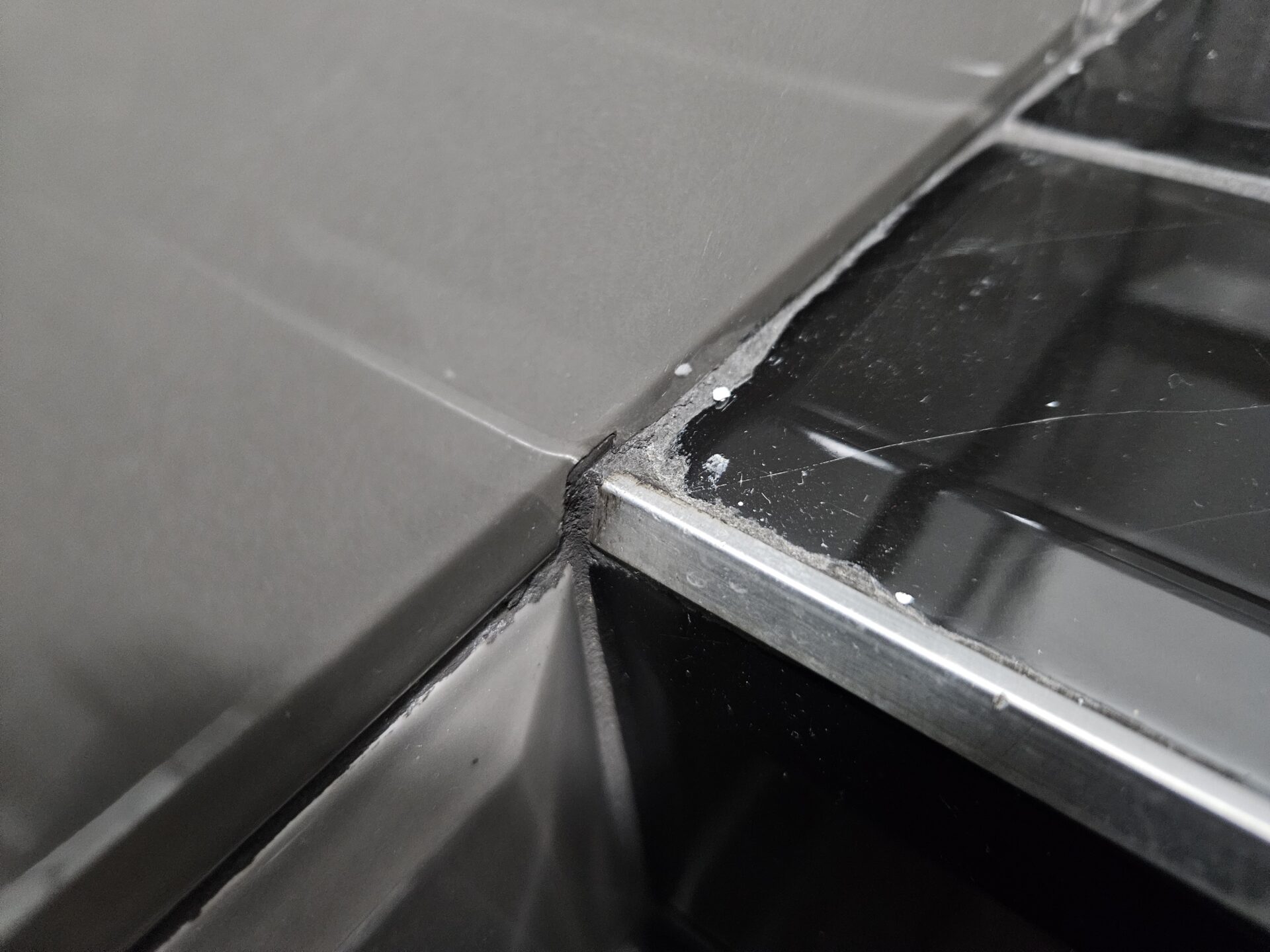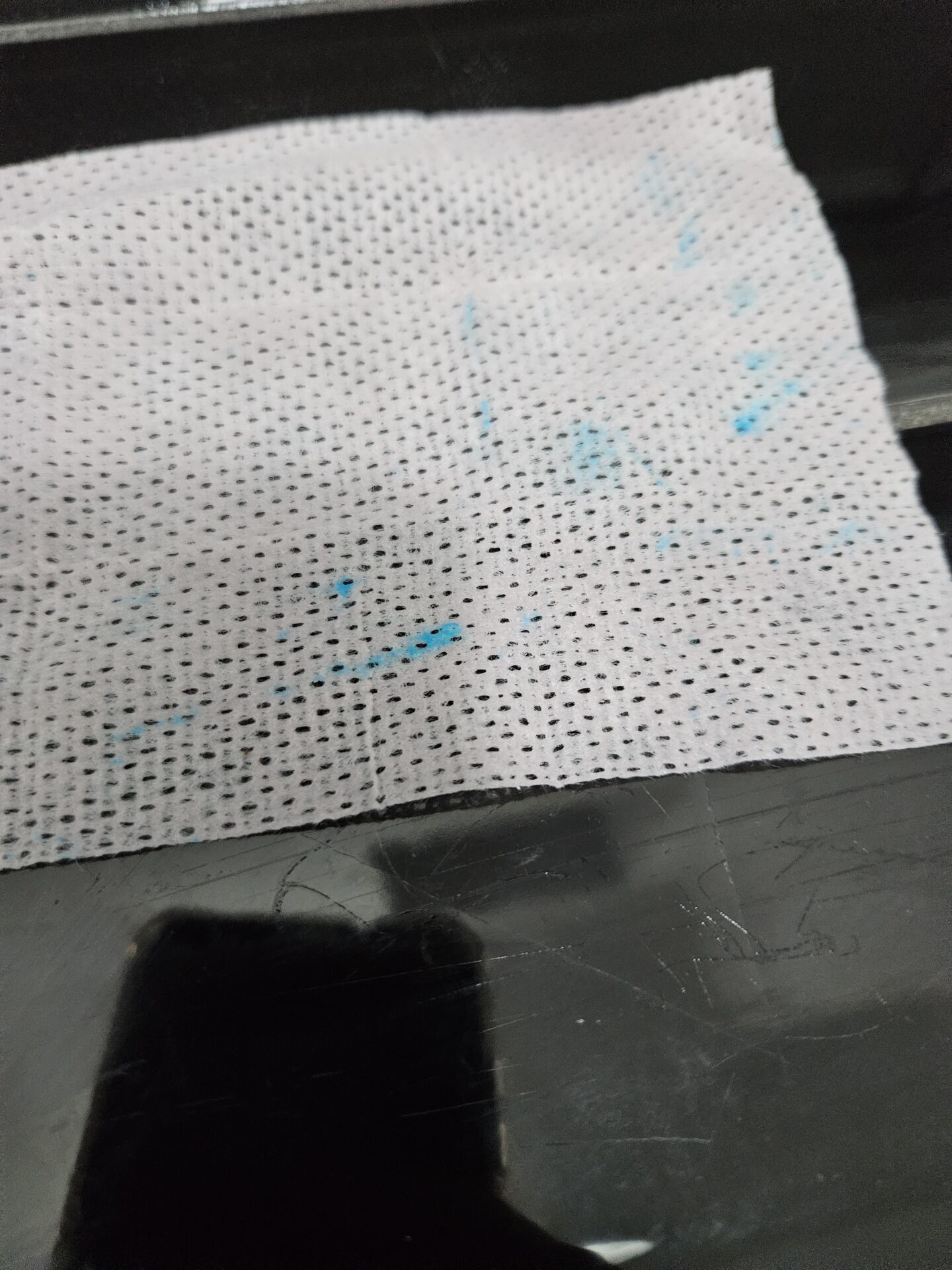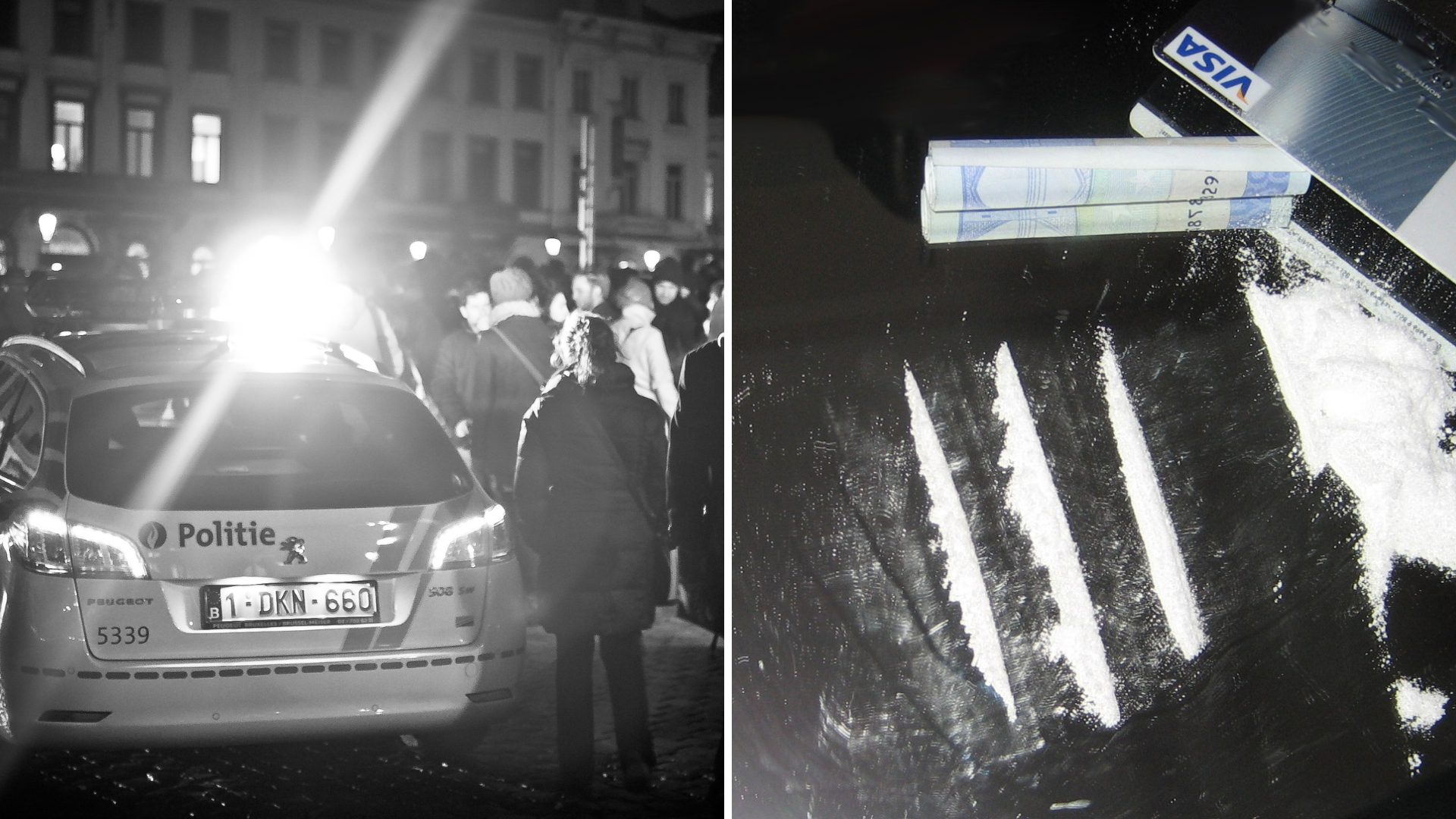On the Place de Luxembourg, the vibrant heart of the Brussels bubble, EU trainees, bureaucrats, young professionals, and other workers meet in their thousands to blow off steam on Thursday. In numerous bars, evidence of their drug of choice is clear to see. They are taking cocaine.
Partygoers are shy to talk about it, many refused to be interviewed, but those that The Brussels Times talked to had witnessed its consumption, even among friends, or in nightlife venues across the capital. Brussels is Europe’s fourth largest consumer of cocaine, as evidenced by high concentrations of the drug in untreated sewage.
“From what I know, from what I see, it’s pretty normalised,” said Francesco, one of the revellers in front of the European Parliament. “It’s not a big deal, it’s not a ‘cool’ thing, if you do it, it’s not like you’re stigmatised.”
"I've seen people taking it in bars," Laurent tells us. "It's become normalised, compared to other drugs."
Positive samples
By utilising police-grade drug detection equipment, we took samples from bathrooms from six popular bars on the Place de Luxembourg. With cocaine detection wipes, which are sensitive to even trace amounts of the drug, we were able to detect cocaine residue on bathroom surfaces commonly used by cocaine users to consume drugs.

In bathrooms on the square, lumps of powdered cocaine could be seen with the naked eye on some surfaces. Credit: Dylan Carter/ The Brussels Times
Of the 14 bathrooms on the square tested in seven bars, eight (57%) showed positive for cocaine. In men’s bathrooms, 71% tested positive for the drug. In women’s bathrooms, less than half of the surfaces (43%) were positive.
In many of the bathrooms that were tested, the use of cocaine was evident. Some partygoers could be heard consuming the drug and joking about it openly. In others, no effort was taken to hide its consumption. In one bar, white powder could be seen all over the cistern and floor. Only two bars on the whole square tested negative for cocaine.

Testing swipes used to conduct the tests instantly turn blue in the presence of cocaine residue. Credit: Dylan Carter/ The Brussels Times
Middle-class cocaine use overlooked
The results suggest an increasingly ambivalent attitude towards the consumption of cocaine among young adults in Brussels. As previously reported, even in the midst of heightened media attention regarding the consumption of crack, consumption by the upper and middle classes is often overlooked. Both crack and powdered cocaine have the same active ingredient, and both have the same potential for addiction.
Brussels drug information and addiction support charity Infor Drogues, in a comment to The Brussels Times, said they were most frequently contacted about the use of cocaine. The consumption of cocaine by the poor makes for better headlines, but hides the true story of a more widespread consumption.
"Drugs have always been a media subject that generates a great deal of fascination, emotion, sensationalism. Crack... is a more visible form of drug use because it takes places in a public space. These people have nowhere safe to use," a charity spokesperson said.
"When it comes to professional using cocaine, it's done in private and is much less visible. These are no longer just senior executives or people from the media or cultural circles, as is often thought, but salaried or blue-collared workers," Infor Drogues added.
Related News
- Club organisers on the reality of drug use: 'We can only intervene when we see something'
- Middle-class cocaine use overlooked amidst Brussels crack epidemic
The charity believes that an increase in powdered cocaine use in recent years, as evidenced by a 67% increase in self-reported use between 2013-2018 in Brussels, is symptomatic of greater pressure put onto workers.
In Belgium, all social strata turn to cocaine to find relief. "This does not correspond to the image that the media have of the use of this product," the charity notes.
The Brussels Times presented the results of its test to young professionals on the Place de Luxembourg. Even those who reported that they had not seen drug consumption first-hand in Brussels said that they were not surprised by the results.
"There's a big party scene in Brussels. Parties and cocaine go together, so it's probably correlated," believes Aithem. Others say that they had long suspected heightened drug use, but had managed to avoid being exposed to it.
For support with addiction or problematic drug use, Brussels residents can contact the Infor Drogues information line for support in French, or De Druglijn for information and support for drug users in Dutch.

